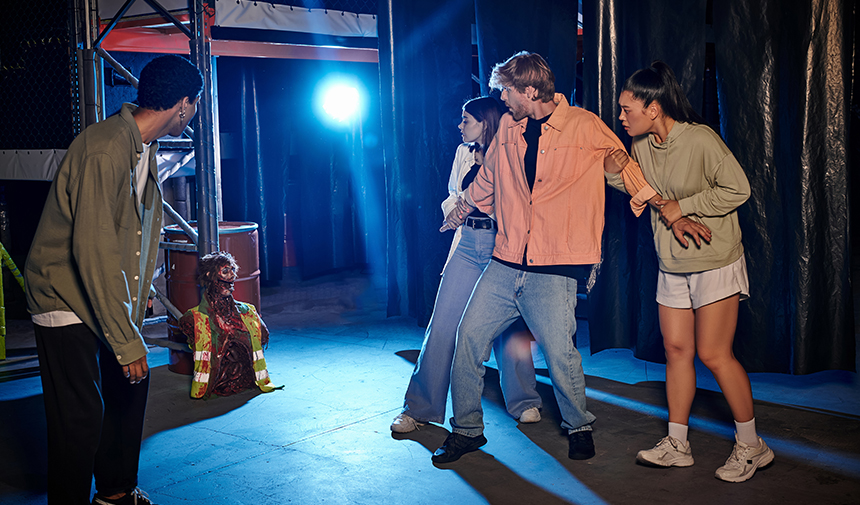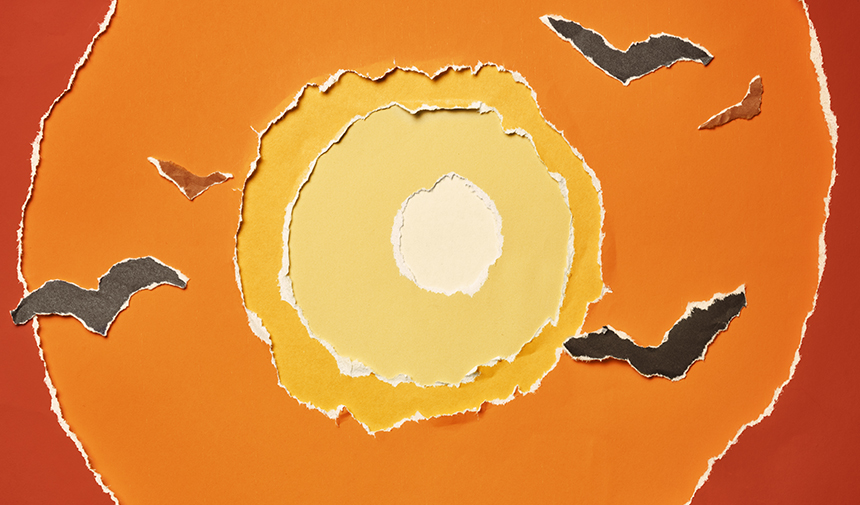Stage directing is a key position that plays an important role in theater, film, television and other performing arts. The stage director is the person who coordinates all the visual and aural elements of a production, directs the actors and manages the overall aesthetic and message of the performance. This person plays a critical role for the success of the production and is often considered the leader of a creative vision.
A person who wants to become a stage director is usually trained in the performing arts or a related field. A bachelor’s or master’s degree in disciplines such as theater, film or visual communication is often preferred. Courses, workshops and internships in stage directing can also be useful. Prospective stage directors often gain experience by working in supporting roles in theater companies or local productions.
Stage directors’ tasks are quite varied and they play an active role in every stage of the production. First of all, the stage director sets the creative vision of a production. He or she works on the overall theme, tone and aesthetics of the play or film project and collaborates with other creative teams to realize this vision.
Next, the stage director is involved in the casting process. He or she selects actors, assigns roles and directs their performances. During this process, the stage director guides the actors in character development, emotional expression and stage mechanics.
When the practical work of the production begins, the stage director manages the rehearsal process. In this process, the stage director organizes the stage blocks, plans the scene transitions and coordinates the actors’ performances. He or she also works with set, costume and lighting designers to integrate the visual elements of the production.
The stage director’s responsibilities continue during the production’s performance in front of the audience. The stage manager coordinates backstage, directs the actors and organizes scene transitions as needed. He or she also manages the overall flow and atmosphere of the production during the performance.
The stage director is also responsible for the technical and artistic details of the production. He or she ensures that elements such as sets, costumes, lighting and sound design are properly integrated and maintains the visual and aural aesthetics of the production.
Finally, the stage manager evaluates the production after its performance has ended and suggests improvements if necessary. During this process, the stage manager shares feedback with the actors and other creative teams and learns lessons for future productions.



